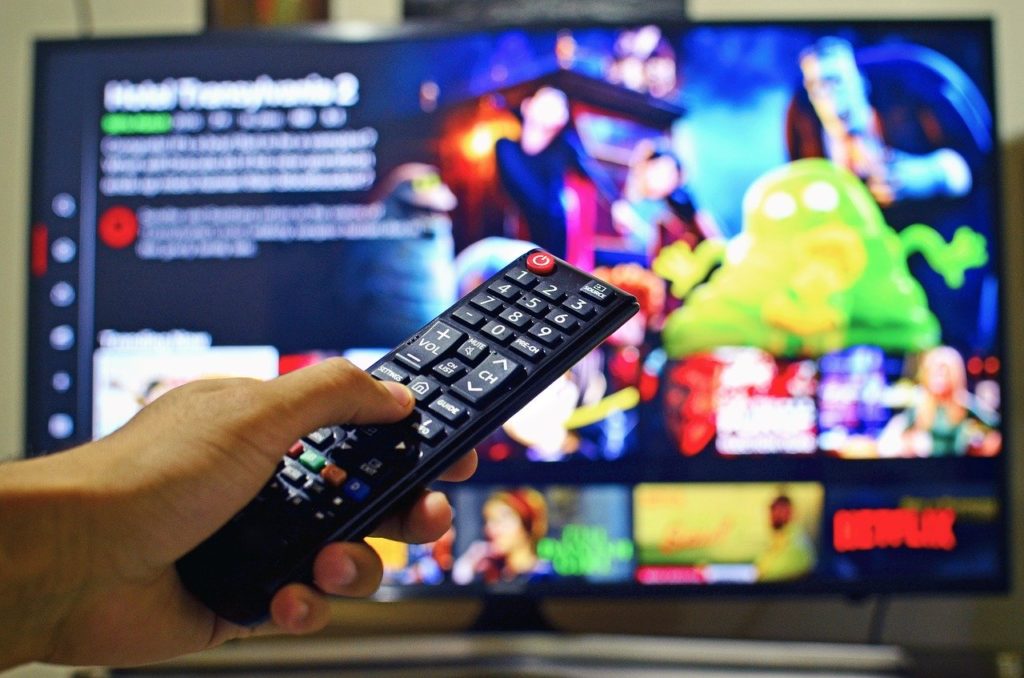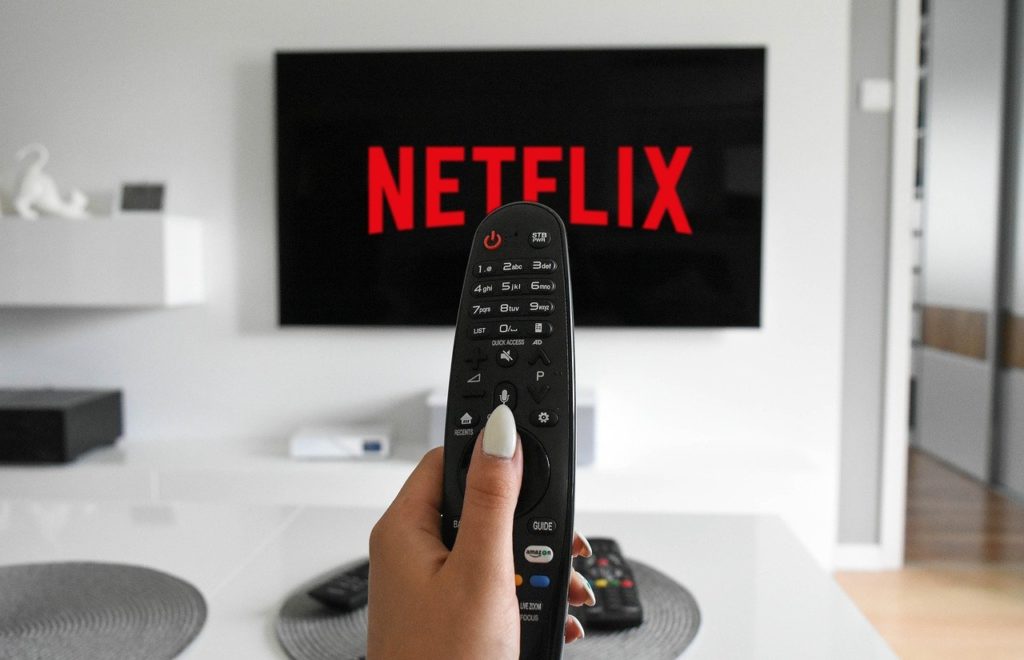
New students often ask me, “How can I improve my English?” What a great question. I have taught English in one form or another for over half my life, so I suppose that qualifies me as somewhat of an expert.
Had someone asked me this question pre-coronavirus, my answer would have been:
- Have a gf/bf that speaks English
- Study in a foreign country
- Make friends with people from overseas
Unfortunately, for obvious reasons, travel has become limited making these close to impossible. What can students do under these highly unusual circumstances?
TECHNOLOGY TO THE RESCUE
Thankfully, we have technology to fall back on and streaming services like Netflix and Amazon Prime are an excellent source of native English. What’s great about these services is you can choose between English and Japanese subtitles or if you feel confident enough, turning them off completely. What’s great about TV shows, is once you understand the basic storyline, you can focus on your listening.
Bear in mind, not all shows are created equal. If we are to maximize our learning through TV, there are a few things to keep in mind.
- A show must be easy to understand so stay away from hospital and courtroom dramas which are filled with expressions and vocabulary we don’t often use in daily conversation.
- Your eyes must be able to follow the story so forget complicated shows like Game of Thrones and House of Cards.
- Sitcoms are a great place to start but comedy can be very subjective and tough to pick up for people.
- Lastly, and most importantly, pick a show that interests you.

My Top 10 Shows
What shows do I recommend? Here are my top ten shows to learn conversational English.
- Cobra Kai (Continuation of The Karate Kid, 20 years later, super easy to follow)
- Friends (A classic sitcom about six young adults in New York City. One student gives credit to this show for her going from Toeic 740 to 930)
- How I Met Your Mother (A clever romantic sitcom about a group of people in their late 20s)
- Modern Family (Hilarious show about three families, great for all ages)
- Stranger Things (Spooky show, but very well done)
- Junior Masterchef (Impressive how good these kids are. If you like cooking, this is for you)
- The Rookie (Light police drama with a hint of comedy)
- Castle (My personal favorite detective show)
- The Walking Dead (Uber-popular show, super easy storyline)
- Younger (Romantic comedy about a middle-aged woman trying to make it in the modern-day publishing business)
Here are five tips to maximize your learning from TV shows.
Rewatch the show
- In normal conversation, native speakers usually speak quite fast. Actors speak even faster because they are working from a script. There are no uncomfortable pauses. No time spent thinking about what to say. Don’t expect to understand everything they say the first time around. Watch the same show two or three times for maximum impact.
Subtitles
- The first time you watch a show, I recommend turning on the English subtitles. The second time, you can choose whether to watch it again with English subtitles or switch over to Japanese subtitles. Over time though, reduce the use of Japanese subtitles.
Start small
- The first time I watched a Japanese TV show, I caught one sentence in the entire 30 minutes. That’s it. I still remember it to this day. My eyes told me a bit of what was going on, but my ears just couldn’t catch anything. Don’t let that discourage you. It’s natural when we’re starting out. Over time, you will improve.
Manage your expectations
- It will take time for your ears to adjust. It won’t happen overnight, but if keep at it, I promise you your listening ability will increase by leaps and bounds.
Take notes
- Write down words or expressions you don’t understand, and ask your teachers in class.
CONCLUSION
TV is your secret weapon to improving your listening ability and learning new English words, especially in 2021 with travel limited. Many students I know can’t wait to travel again, so use this time wisely by discovering TV shows.
Leave a Reply